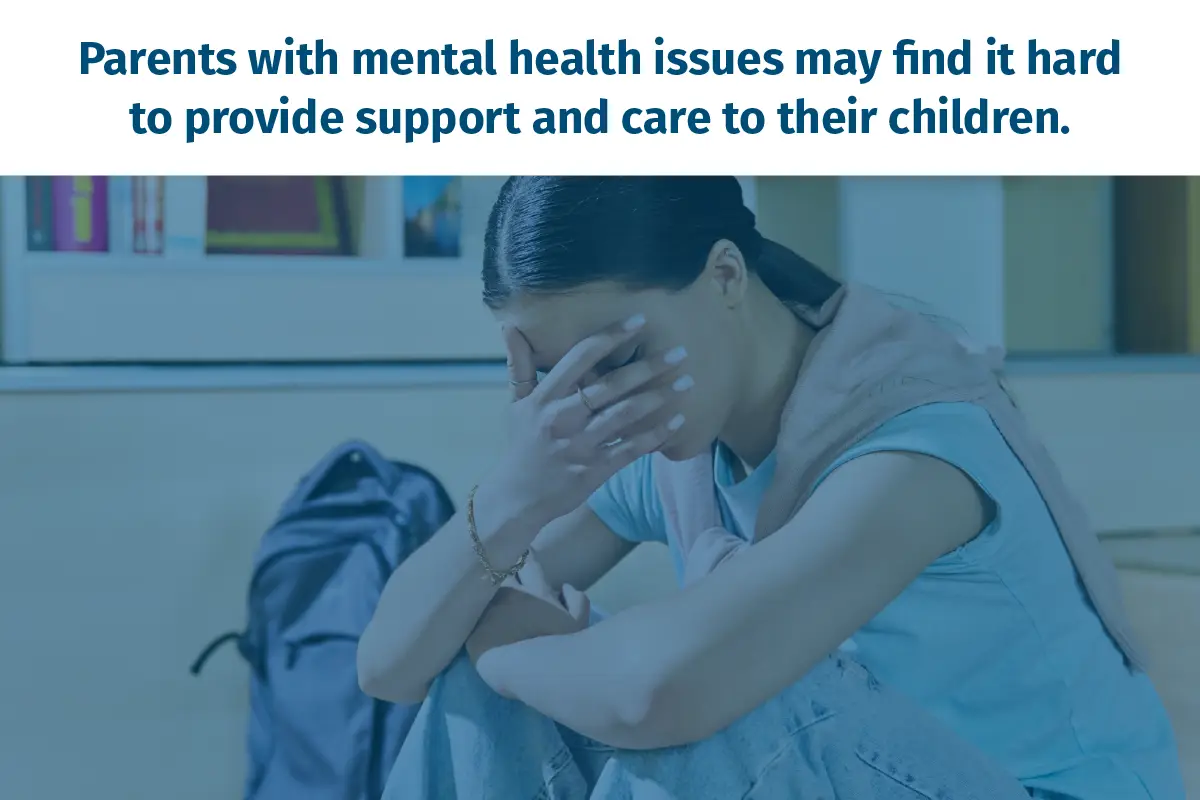The Impact Of Family Dynamics On Child Development
More Resources
Call us today to get the support and guidance you deserve.
The Impact Of Family Dynamics On Child Development
Family dynamics shape how loved ones communicate, support each other, and handle life’s challenges. Changes like divorce, financial stress, or moving can shift these dynamics, sometimes creating tension or misunderstandings. When communication is open and respectful, it builds trust and emotional security.
On the other hand, constant conflict or a lack of connection can lead to struggles with self-worth and relationships. Recognizing these patterns helps us understand how people relate to each other and can open the door to healthier interactions.
Key Takeaways
Family communication and support are key to a child’s emotional well-being and coping skills. Parenting styles shape emotional growth, while open communication fosters trust, allowing children to feel safe and strengthening family bonds.
- The way family members communicate and support each other plays a significant role in a child’s emotional security, self-worth, and ability to cope with life’s challenges.
- The approach parents take—whether authoritative, authoritarian, permissive, or uninvolved—directly impacts a child’s emotional health, behavior, and ability to form relationships.
- Open, honest communication within the family builds trust and emotional security, allowing children to express themselves and feel understood, ultimately fostering healthier relationships.
How Family Dynamics Influence Child Development
A child’s emotional and psychological growth is influenced by the environment at home. Family dynamics—how parents interact, how conflict is handled, and the level of emotional support available—play a key role in shaping a child’s sense of security, self-worth, and ability to navigate life’s challenges.
Stable and supportive family relationships provide a foundation for healthy development. Children who feel safe and valued are more likely to develop confidence, regulate their emotions, and build meaningful connections with others. However, environments marked by neglect, inconsistency, or high conflict can contribute to anxiety, difficulty with trust, and struggles in emotional regulation.
Most insurance plans cover treatment here, making the cost to you as low as possible - sometimes even zero.






Theoretical Frameworks
Understanding child development requires a foundation in various theoretical frameworks that explain how children grow, learn, and interact with their environments. These theories provide insights into the complex factors influencing development, including biological, psychological, and social influences.
Introduced by John Bowlby, highlights how crucial strong emotional bonds between children and caregivers are for healthy emotional development. When children feel safe and loved, they are more confident about exploring and engaging with the world, while insecure attachments can lead to anxiety, fear, and difficulties in relationships later on.
Developed by Albert Bandura, focuses on how children learn by observing others, especially those closest to them. Positive role models encourage healthy behavior, while negative influences can lead to harmful actions.
Created by Urie Bronfenbrenner, explains how various environments—from family to society—impact a child’s development. By understanding these layers of influence, we can better recognize the factors that shape a child’s growth and well-being.

The Lasting Influence of Family
Parents, siblings, and communication patterns shape a child’s emotional and psychological well-being. From parenting styles to sibling relationships, a supportive and nurturing environment fosters confidence, resilience, and healthy development.
Parents play a central role in shaping their child’s emotional and psychological development. The way parents interact, provide guidance, and offer support can have a lasting impact on a child’s self-esteem, behavior, and ability to navigate life’s challenges. In this section, we explore the powerful influence parents have in fostering a child’s growth and well-being.
Parenting styles have a significant impact on a child's development, influencing their behavior and emotional well-being. The four main types of parenting styles include:
- Authoritative: This style balances clear rules with support and encouragement, fostering independence and helping children grow into confident and responsible individuals.
- Authoritarian: With strict rules and a focus on obedience, authoritarian parents may raise children who follow orders, but this approach can lead to lower self-esteem.
- Permissive: Permissive parents tend to be lenient and avoid setting firm boundaries, which can result in children who struggle with self-discipline and authority.
- Uninvolved: Uninvolved parents are emotionally distant and offer little guidance, which can leave children feeling neglected and develop poor emotional skills.
Each style shapes children in different ways, influencing their behavior, emotional health, and ability to form relationships as they grow.
The parent-child relationship is crucial for a child’s emotional development. When parents build a strong bond, children feel safe and valued, which supports healthier social connections. Open communication creates trust and encourages children to express their feelings. By actively participating in their children’s lives, parents strengthen the relationship and help foster confidence, resilience, and positive behavior.
When parents face mental health challenges, it can be difficult for them to offer consistent support, which may result in children struggling with anxiety, low self-esteem, and behavioral issues. By prioritizing their mental well-being, parents create a healthier environment where children can thrive emotionally and socially.
Older siblings often take on leadership roles, serving as role models and teaching life skills. This mentoring builds responsibility and confidence, while younger siblings learn from these experiences, helping them navigate social situations and develop problem-solving abilities.
Sibling rivalry is common and can lead to conflict over attention and resources, but it also motivates improvement and achievement. Learning to manage these disagreements fosters social skills and, when guided positively, encourages resilience and problem-solving.
Supportive sibling relationships are key to emotional development. Working together teaches teamwork, empathy, and conflict resolution, providing a lasting sense of belonging and emotional support that benefits mental health and social interactions as children grow.
Open communication encourages honesty and sharing among family members. When children feel safe to express their thoughts and feelings, they develop trust and confidence. In contrast, closed communication limits sharing and can lead to misunderstandings. Families that prioritize open dialogue foster stronger connections, helping children thrive emotionally and socially.
Approaches like active listening, discussing feelings, and finding common ground help resolve disputes. Families that practice these techniques create a supportive space where children learn to manage disagreements.
Communication also plays a critical role in a child’s emotional security. When family members communicate openly and supportively, children feel safe and understood. This sense of security allows them to explore their emotions and develop resilience.
Get Your Questions Answered
We know you might have many questions, so we’ve put together answers to some of the most common ones to help guide you through the process and clarify how our programs support patients and their families. If you have more questions or need more information, we are just a phone call away.

Denial is often a symptom of addiction. But, if drugs or alcohol are affecting your relationships, work or health, it’s worth taking a closer look. Treatment isn’t just for people who’ve hit rock bottom—it’s for anyone who wants a better life.
Understanding family dynamics helps identify how relationships and communication impact the treatment process, creating a supportive and healthier environment for both the patient and the family. It fosters trust, reduces tension, and strengthens the overall support system, making progress easier for everyone.
Encourage open communication by creating a safe, non-judgmental space, listening with empathy, and asking open-ended questions. Show genuine interest in their feelings, and focus on understanding their perspective rather than offering immediate solutions.
Addiction can shift family roles, with some members stepping into caretaker positions or others withdrawing. These changes can lead to confusion or strain, so it’s important to recognize these dynamics and work together to restore balance and promote healthy interactions.
Give us a 5-minute call for more information about our services. There is no commitment or judgement – we’ve been there before ourselves.
Contact us for more information :
Call Us
(800) 817-1247
Verify Insurance
100% Confidential
